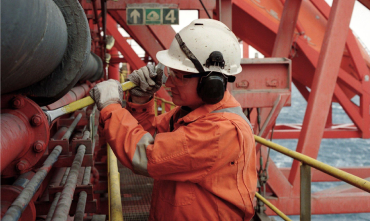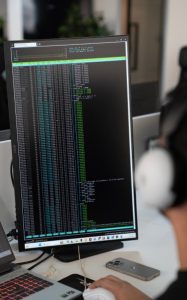The Role Of Marine Engineering In Addressing Climate Change And Sustainable Transportation
2 min read
Marine engineering services play a vital role in addressing climate change and promoting sustainable transportation in the maritime industry. With growing concerns about the environmental impact of shipping, marine engineering services are increasingly focused on finding ways to reduce greenhouse gas emissions, improve fuel efficiency, and transition to cleaner alternatives.
Alternative propulsion technologies:
One of the key strategies employed by marine engineers to reduce greenhouse gas emissions in maritime transportation is the development and adoption of alternative propulsion technologies. This includes the use of cleaner fuels such as liquefied natural gas (LNG), biofuels, hydrogen fuel cells, and battery-electric propulsion systems. Marine engineers work to design and integrate these alternative propulsion systems into ships and vessels, improving fuel efficiency, reducing emissions of harmful pollutants, and minimizing the environmental impact of maritime operations.
Energy efficiency measures:
Marine engineers implement energy efficiency measures and technologies to optimize fuel consumption and reduce carbon emissions in maritime transportation. This includes the use of advanced hull designs, propeller optimization, waste heat recovery systems, and energy-efficient auxiliary equipment. By applying principles of hydrodynamics, thermodynamics, and systems engineering, marine engineers identify opportunities to improve vessel performance, enhance energy efficiency, and lower operating costs while reducing the environmental footprint of maritime operations.
Emissions reduction technologies:
Marine engineering plays a crucial role in the development and deployment of emissions reduction technologies to mitigate air pollution and greenhouse gas emissions from maritime transportation. This includes exhaust gas cleaning systems (scrubbers), selective catalytic reduction (SCR) systems, and particulate filters to reduce emissions of sulfur oxides (SOx), nitrogen oxides (NOx), and particulate matter from ship exhausts. Marine engineers collaborate with regulators, shipowners, and technology providers to design, install, and operate emissions control systems that comply with international emissions regulations and promote sustainable shipping practices.
Renewable energy integration:
Marine engineers explore opportunities to integrate renewable energy sources such as solar, wind, and tidal energy into maritime transportation systems to reduce reliance on fossil fuels and lower carbon emissions. This includes the deployment of wind-assisted propulsion systems, solar panels, and renewable energy-powered auxiliary systems on ships and vessels. Marine engineers innovate to overcome technical challenges and optimize the integration of renewable energy technologies into maritime operations, contributing to the decarbonization of the shipping industry and the transition towards sustainable transportation.



